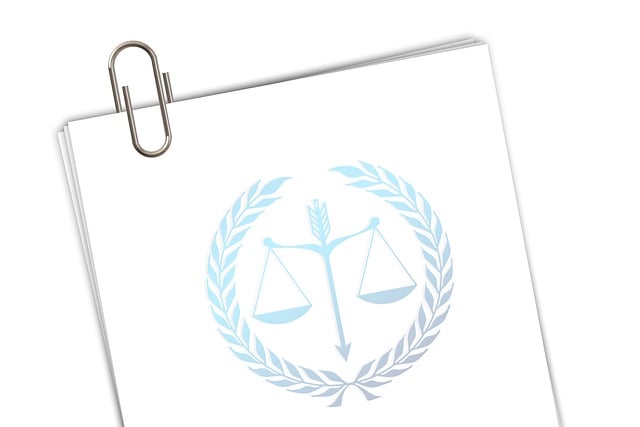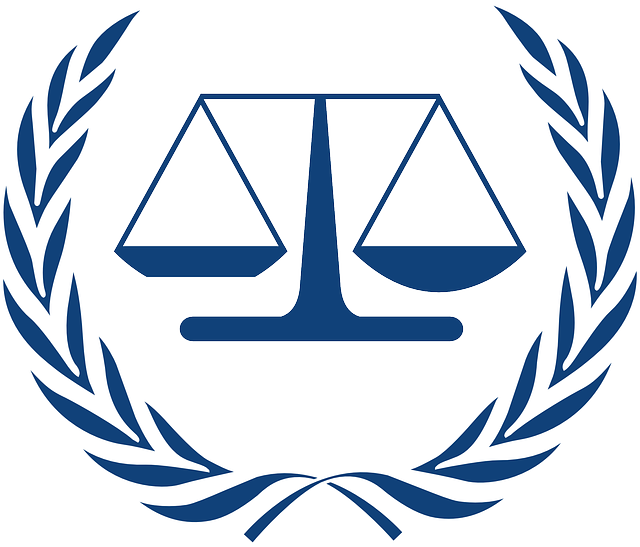Regulatory bodies worldwide play a crucial role in tackling Regulatory Challenges in Securities Fraud Cases, ensuring fair markets by enforcing insider trading, market manipulation, and accounting fraud prevention. Legal professionals face complex tasks in navigating digital evidence and adapting to dynamic regulatory requirements, especially with vast data across platforms, to avoid spoliation while representing business interests during investigations.
In the intricate world of finance, regulatory compliance is a cornerstone of integrity. This article delves into the multifaceted challenges faced by professionals navigating the complex legal landscape of securities fraud cases. We explore the roles and implications of key regulatory bodies, dissecting the difficulties in evidence collection and preservation. By understanding these regulatory challenges, stakeholders can better equip themselves to mitigate risks, ensuring compliance and fostering trust within the financial sector. Unraveling these complexities is essential for both practitioners and investors alike.
- Navigating Complex Legal Landscape: Securities Fraud
- Understanding Regulatory Bodies and Their Roles
- Challenges in Evidence Collection and Preservation
Navigating Complex Legal Landscape: Securities Fraud

Navigating the complex legal landscape of securities fraud presents significant regulatory challenges for both corporate and individual clients. As laws and regulations evolve to keep pace with emerging financial crimes, understanding the intricacies of compliance is crucial for any business involved in trading or issuing securities. White-collar defense strategies must adapt to these changes, ensuring that companies and individuals alike remain shielded against potential prosecution.
Regulatory bodies worldwide are increasingly focusing on preventing and punishing fraudulent activities like insider trading, market manipulation, and accounting irregularities. This heightened scrutiny necessitates a comprehensive approach to compliance, where each company’s respective business practices are scrutinized for adherence to the latest guidelines. Effective solutions involve staying informed about regulatory updates, implementing robust internal controls, and fostering a culture of ethical conduct and transparency throughout the organization.
Understanding Regulatory Bodies and Their Roles

Regulatory bodies play a pivotal role in ensuring fair and transparent markets, particularly in navigating complex regulatory challenges in securities fraud cases. These organizations are tasked with upholding ethical standards and protecting investors from fraudulent activities. With their expertise and oversight, they guide businesses and professionals through intricate legal frameworks, ensuring compliance and accountability.
In high-stakes cases, where the stakes are high and reputations are on the line, these bodies conduct thorough investigations, employing stringent regulations to achieve extraordinary results. Their primary objective is not merely to levy penalties but to uphold justice and maintain the integrity of financial markets. By doing so, they foster an environment conducive to legitimate business practices, ultimately enabling companies to thrive while adhering to stringent legal requirements.
Challenges in Evidence Collection and Preservation

The landscape of regulatory compliance, especially in securities fraud cases, presents a complex web of challenges, particularly when it comes to evidence collection and preservation. With an unprecedented track record of ever-evolving regulations, legal professionals must navigate this intricate maze to ensure their clients’ rights are protected. The volume and velocity at which data is generated and shared across various platforms make it difficult to identify and secure relevant information that could be pivotal in such cases.
Regulatory challenges in securities fraud investigations often require a meticulous approach to uncover digital footprints, including electronic communications, financial transactions, and data analytics. For his clients, this means employing specialized techniques to preserve evidence intact, avoiding potential spoliation of critical data that could strengthen or weaken a case. Given the dynamic nature of regulatory requirements, legal teams must stay agile and adapt their strategies, ensuring they remain compliant while effectively representing their respective business interests.
In addressing regulatory challenges in securities fraud cases, understanding the intricate legal landscape, pivotal roles of regulatory bodies, and meticulous evidence collection processes is paramount. As these aspects intertwine, professionals must navigate complex rules to ensure fair practices and uphold the integrity of financial markets. By staying informed and adopting robust strategies, we can mitigate risks and foster a more transparent and secure investment environment.






